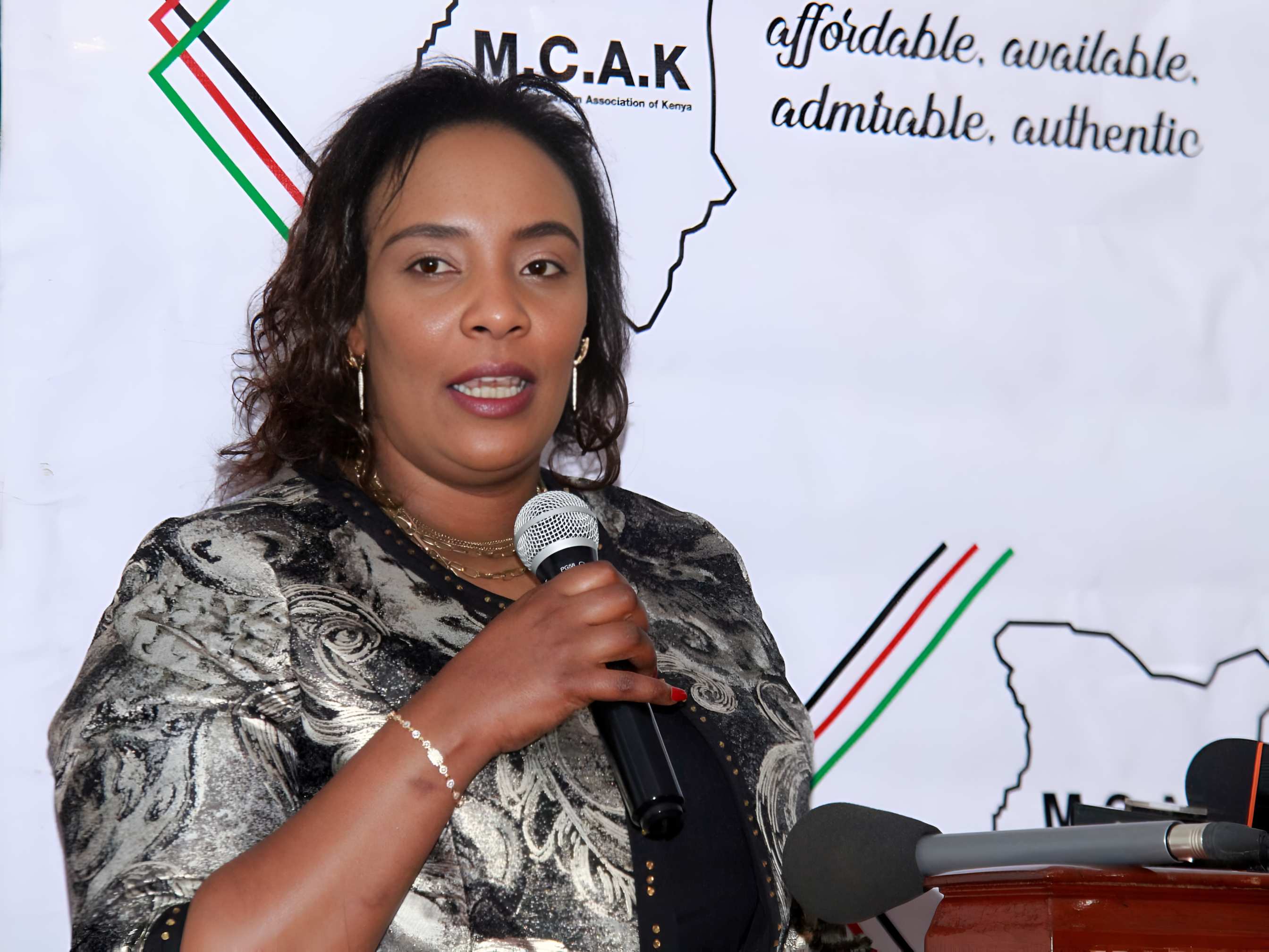Mitumba trade sustains millions, brought in Sh16 billion in 2023

The trade provides income for over two million people, representing 10% of Kenya’s extended labor force.
Nearly half of Kenya’s population, about 24 million people, wore second-hand clothes in 2023, according to a new report by the Institute of Economic Affairs Kenya (IEA) and the Mitumba Consortium Association of Kenya (MCAK).
The study reveals that the trade in used clothes, commonly known as mitumba, is thriving and generated Sh16 billion in revenue last year.
The report, titled A Future Look at the Apparel and Footwear Industry in Kenya, focuses on 2023 data and highlights the importance of mitumba to Kenya’s economy and society.
The trade provides income for over two million people, representing 10% of Kenya’s extended labor force.
It also creates jobs along the supply chain in East Africa, with 7.58 jobs generated for every ton of second-hand clothes imported.
Contrary to common beliefs, the IEA and mitumba traders argue that Kenya is not a dumping ground for used clothes.
"Kenya is not a dumping ground for mitumba, as some people have claimed," said Kwame Owino, IEA’s chief executive and lead researcher.
The report explains that second-hand clothes come from countries in Europe, the UK, Canada, and increasingly China.
In 2023, Kenya imported 177,664 tonnes of these clothes, mainly sorted and repackaged abroad before arriving in Kenya.
The trade also supports government revenues, with taxes from imported second-hand clothes reaching Sh16 billion in 2023.
These taxes help fund public services like Universal Health Care and infrastructure development.
Each container of second-hand clothes brings in at least Sh1.9 million in taxes.
The mitumba industry plays a critical role, especially for women and young people.
Bungoma Woman Representative Catherine Wambilianga shared how selling mitumba helped her progress from college to politics.
Starting with just Sh300, she expanded her business even while working as a teacher, earning nicknames like "Mama Mtumba."
She plans to push for lower taxes on mitumba goods to support traders and make the business more sustainable.
"I know the impact mitumba has had on our people -- how it has sustained countless households across this country," she said.
Rev Teresia Wairimu, chairperson of MCAK, who has been in the business for 20 years, also stressed the potential of mitumba.
She and her husband import clothes from Canada, the USA, Europe, and China.
Both Owino and Wairimu say the mitumba trade and local apparel manufacturing can coexist and support each other.
As incomes rise, people tend to buy fewer second-hand clothes but the two sectors together can create more jobs and offer better choices for consumers.
"The report offers compelling evidence that second-hand clothing isn’t a barrier to the textile industry’s growth—it’s part of the solution," said Wairimu. “We can ensure that low-income families can afford quality clothes while expanding local manufacturing.”
